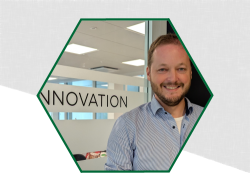In laser micromachining, the complex and non-linear interaction between laser and matter presents significant challenges in process control and optimization. These interactions are influenced by a wide range of parameters, including laser energy, pulse duration, repetition rate, and scanning speed, making it difficult for theoretical models to accurately predict the optimal engraving parameters required to meet both time and quality standards. As a result, manufacturers and researchers often rely on extensive experimental testing to fine-tune the process for each new material or application. These conventional trial-and-error methods are resource-intensive, demanding substantial machine time, human labor, and material consumption, which ultimately slows down innovation and increases production costs.
To overcome these limitations, we introduce an innovative, AI-driven methodology designed to optimize laser micromachining parameters with greater efficiency and precision. By leveraging a comprehensive experimental database in combination with state-of-the-art machine learning algorithms and multi-objective optimization techniques, our approach can predict optimal laser settings tailored to specific dimensional and quality requirements. This significantly reduces the dependency on labor-intensive empirical testing.
We will present our latest findings, showcasing the method’s ability to accurately estimate critical parameters such as energy per pulse, speed, frequency, and pitch. This approach accelerates process development, enhances reproducibility, minimizes resource waste, and represents a major advancement in making laser micromachining more adaptable and competitive for industrial-scale applications.
Keywords
- Engraving Parameters
- Experimental Database
- Laser Micromachining
- Machine Learning
- Optimization

